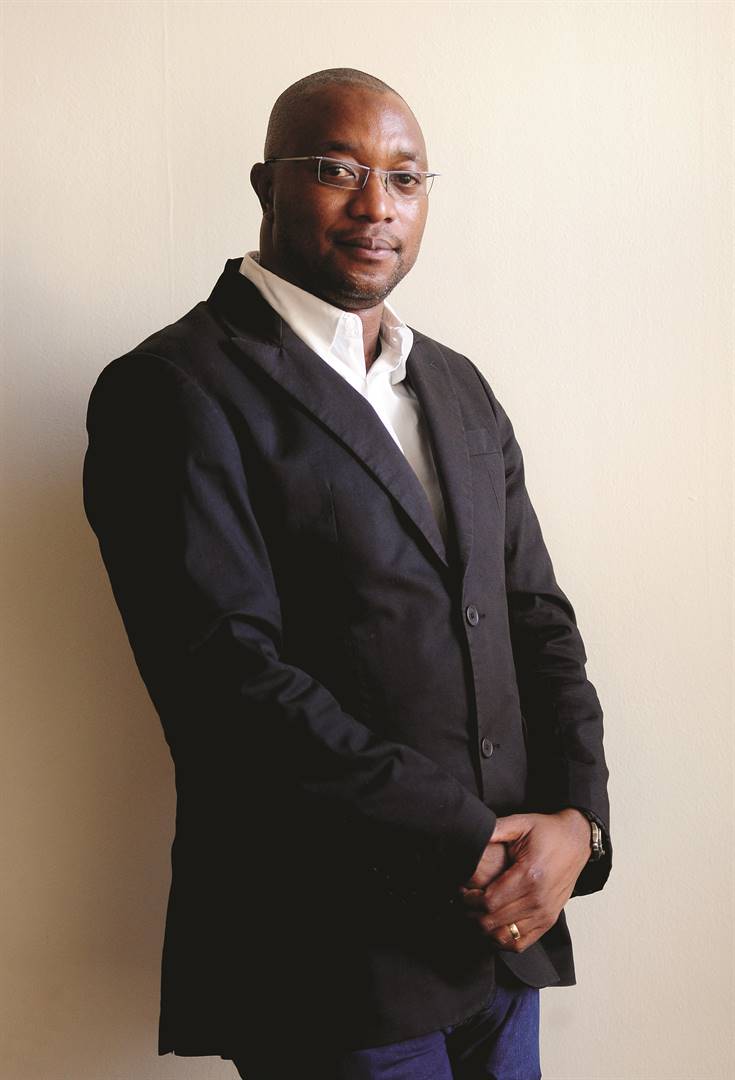
Everybody is talking about the fourth industrial revolution.
Expect no blood on the streets, there will be no chanting, no toyi-toying or civilians screaming, “Give us arms!”, although tension may arise due to economic redundancy of certain demographic groups.
Throughout history, humanity has experienced major shifts in economic activity.
Depending on how you look at it, when we human beings were thrown out of the Garden of Eden, we had to fend for ourselves, and became hunter-gatherers.
Some economists call that period true communism, when we lived Karl Marx’s slogan – from each according to his ability, to each according to his needs.
Young men who had the strength would hunt down the beast, kill it and drag the meat back to the cave for all to feast on.
Women gathered the food, because, among other reasons, men, with all their usurped wisdom, could not differentiate between morogo and weeds.
Indeed men have committed some atrocities when left alone with their own children.
Unable to deal with a screaming baby, some fathers have been known to add a teaspoon of whisky to the baby’s bottle, so it would get drunk and fall asleep.
If men were mothers, the world would be a much harsher place.
Work is not essential to life.
There are people who’ve gone through the entire cycle of life without working a day in their lives.
In township lingo we say UBaas abamazi, which literally means “They don’t know the baas”, but figuratively it means, “They have never worked for a living”.
Work, at least in the West, is a consequence of delinquency, and an inherited punishment for the original father who listened to the original mother who listened to the snake that told her to eat the forbidden fruit.
Since then, there have been major shifts in economic history, many of which are not regarded as revolutions because they never really made an impact on raising standards of living.
The British cleric and mathematician, Thomas Robert Malthus, observed that the population grows faster than food supply. This perhaps explains why the prehistoric communist utopia could not last.
The amount of food available could never be enough to sustain the population.
Read: 590 000 poor pupils could go hungry as department stalls school tenders
Natural disasters such as cyclones, droughts and diseases wiped out populations, all in nature’s own non-judgemental way of curtailing that growth.
As the number of people grew and the food became scarce, our ancestors had to go further in search of their food, some got lost in the forests and the deserts, and others drowned trying to cross the rivers.
They also fell prey to stronger and ferocious predators, and thus the hunter-gather economics became unsustainable.
One day a young ancestor said: “Hey, I’ve got an idea, instead of hunting the cow, how about domesticating it?”
“What rubbish!” an older ancestor sneered.
“Why would the cow want to live under your command when it has freedom and all the pastures to itself?” asked another.
“During the rainy season,” the innovative ancestor said, “my household and I will gather the grass, and keep it in my barn until the barren season returns.
“When there is no more grass on the land, I will take the grass out from my own savings, and feed the cows, who will then come to me of their own volition.”
The dry season came, and the innovative ancestor did as he had planned.
The cows loved him, associating him with food.
The cow and the bull mated and produced a calf. The cute calf was never afraid of human beings, and one human toddler befriended it.
The human toddler always followed its friend and watched it suckle and, like the copycats that toddlers are, it also suckled from the cow.
The grateful cow let the human toddler drink, and thus began the agricultural revolution.
Kuzwayo is the co-founder of Ignitive, an advertising agency




 Publications
Publications
 Partners
Partners








